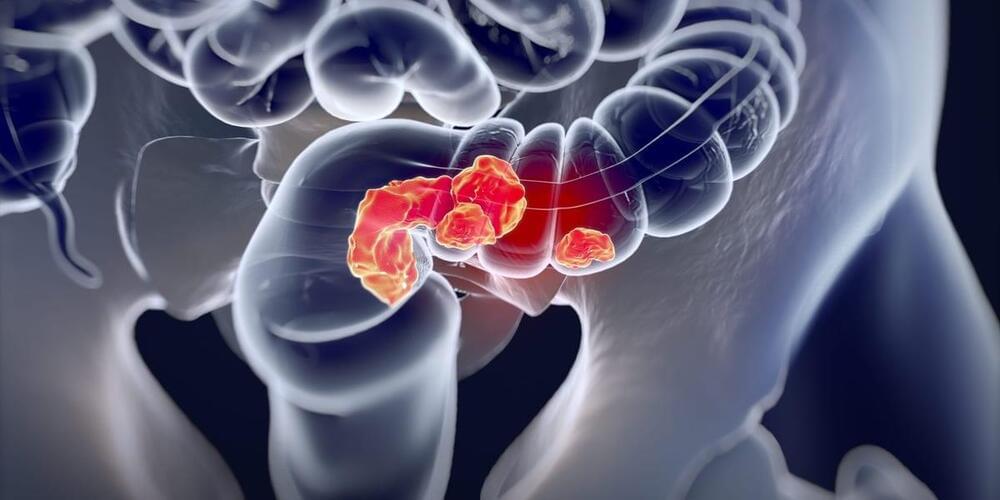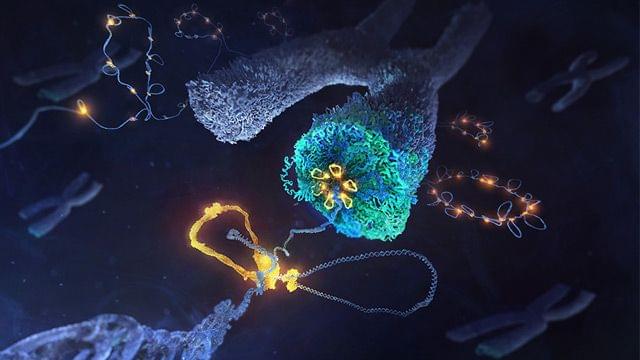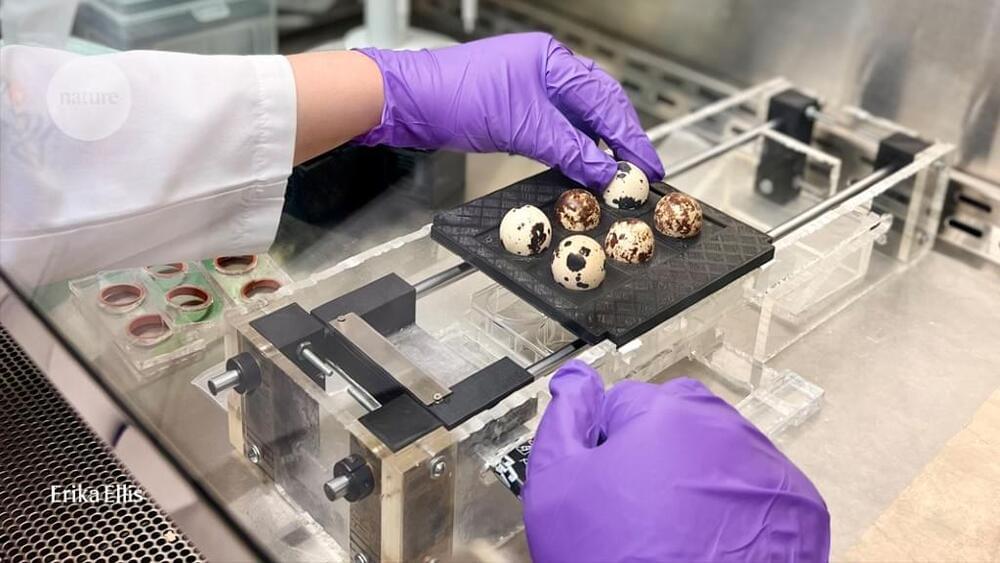Jun 7, 2022
Restoring a lost sense of touch | Podcast | Overheard at National Geographic
Posted by Sean Brazell in categories: biotech/medical, cyborgs, military, robotics/AI
This is a fantastic podcast exploration of a rapidly maturing, wildley varied fields of science, the military, medicine, the industrialization, exploration, and colonization of our solar system, and the hope for, path to, and purpose of the successful creation of a posthuman, post scarcity future. Its a future destination for humanity that will require a seemless, successful integration of our human biology with artificial intelligence and advanced nonbiological — AND artificially biological — mechanical systems that in one way or another all pass through a very few neccessary technological achievements. In this case it is the seemless communication in both directions of the biological, in this specific case it’s the human sense of touch.
When Brandon Prestwood’s left hand was caught in an industrial conveyor belt six years ago, he lost his arm. Scientists are slowly unraveling the science of touch by trying to tap into the human nervous system and recreate the sensations of pressure for people like Prestwood. After an experimental surgery, Brandon’s prosthetic arm was upgraded with a rudimentary sense of touch—a major development in technology that could bring us all a little closer together.
Continue reading “Restoring a lost sense of touch | Podcast | Overheard at National Geographic” »


















